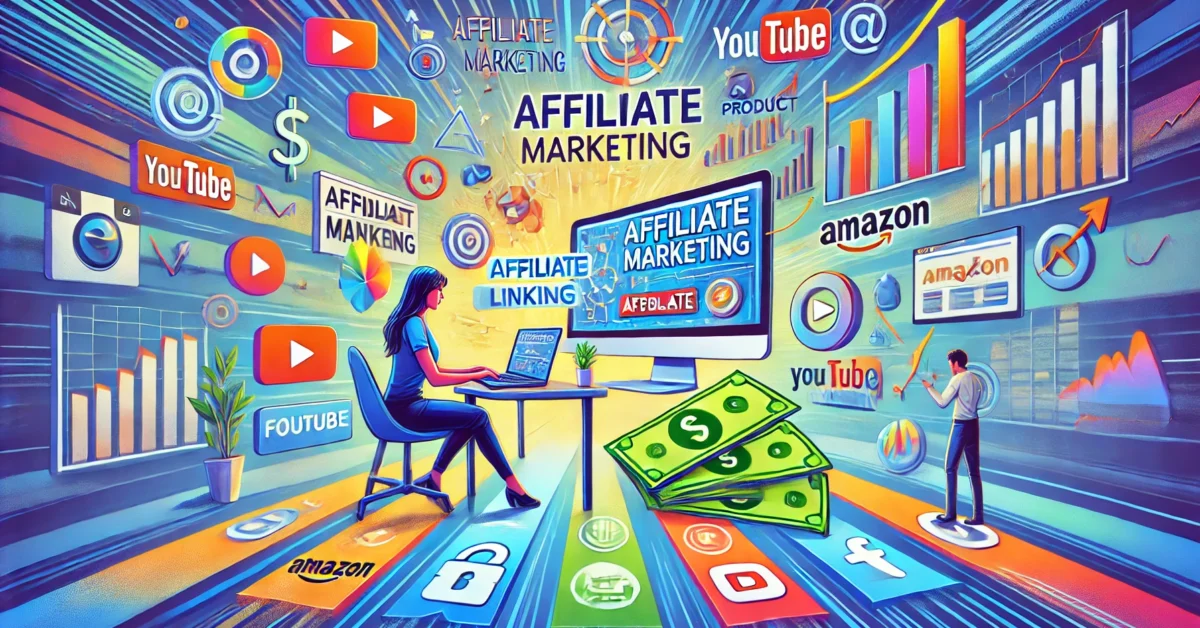Modern technology benefits both large and small businesses. However, it presents its own set of challenges. Defending your digital infrastructure against malware and hackers in particular is difficult. Every day, it appears that new ways to steal data or sabotage businesses are devised.
This is where cybersecurity enters the scene. Cybersecurity is what keeps cyber threats from infiltrating your valuable business. With convenience comes a plethora of risks, and cybersecurity aims to mitigate those risks. Today, we’ll look at how critical cybersecurity is in today’s ever-changing digital landscape.
Cybersecurity is a set of strategies and processes designed to keep your company safe from malicious actors. Malicious actors’ actions are more commonly referred to as “cyber attacks” and “cyber threats.” As technology advances, so do these threats to your digital business. This is why it is critical to evolve alongside threats rather than remain static.
The Post-COVID-19 World
COVID-19 has increased the use of digital technologies in business operations. Websites and social media pages are no longer a luxury, but rather a requirement. They must be secure, just like any other necessity. Cloud data is another necessary technology that, unfortunately, is extremely vulnerable. Although governments have attempted to keep up by enacting new regulations, it is the responsibility of businesses to secure their data.
Cybercrime’s Evolution
Cybercrime is always evolving. Theft of information is the most expensive and fastest-growing type of cybercrime. The increasing use of cloud data is the primary driver of this expansion. However, it is important to note that theft is not the only possible outcome; some criminals choose to alter or destroy information in order to harm a company’s reputation.
Social engineering is the most effective type of cyber attack right now. Ransomware and phishing attacks are extremely common, particularly via email and communication apps. Third-party risk is also a significant concern. Collaboration with other businesses means that if their security is inadequate, your data may be at risk as well.
The Four Most Critical Cybersecurity Practices
1) User Education
All cybersecurity problems begin with the user. It makes no difference how strong your doors are or how sophisticated your surveillance system is if an employee simply leaves the door open. Malware attacks are primarily caused by a lack of cybersecurity training. People must understand what they are up against and recognise the inherent dangers.
Conduct an all-employee meeting to instil the importance of cybersecurity in them. Make them accountable by instituting new workplace policies. Cybersecurity is serious business, and a policy is the best way to communicate that to employees.
Many cyber-attacks can be prevented if users are made aware of their significance.
2) High Authentication
The second line of defence against hackers is strong authentication. Although firewalls and anti-virus software may be circumvented, strong authentication ensures that attacks are significantly reduced. Passwords should adhere to these four essential characteristics.
- Be between 15 and 30 characters long.
- Make use of numerals, uppercase and lowercase letters, and symbols.
- Should be replaced every 3 to 6 months.
- Encrypted
Consider implementing two-factor authentication or biometric locks for sensitive data. These safeguards ensure that only those with the necessary authority can gain access to your digital network. Never write passwords on post-it notes that are visible to everyone. If you must store it, do so behind closed doors.
Alternatively, you can use a password generator to generate a password for you. There are several ways to improve password security, but many businesses fail to take advantage of them.
3) Exercise Caution When Using Third-Party Apps
Your website or network will inevitably require the use of third-party applications. Make sure to only use reputable apps in such cases. You should prioritise communication apps like Zoom and Slack. They are dependable and have a track record of success in the workplace. However, if you’re working with a lesser-known app, proceed with caution.
Many older apps use insecure security frameworks. The same is true for website development. A strong security framework is required for optimal website design. Websites that are out of date are extremely vulnerable to DDOS attacks and data theft. Check that any tools you use from other companies are up to date on security.
4) Regular Security Testing
Always ensure that your security framework is up to date. Your IT team must conduct regular audits of the security of your website, communication channels, and even your employees’ desktop computers.






